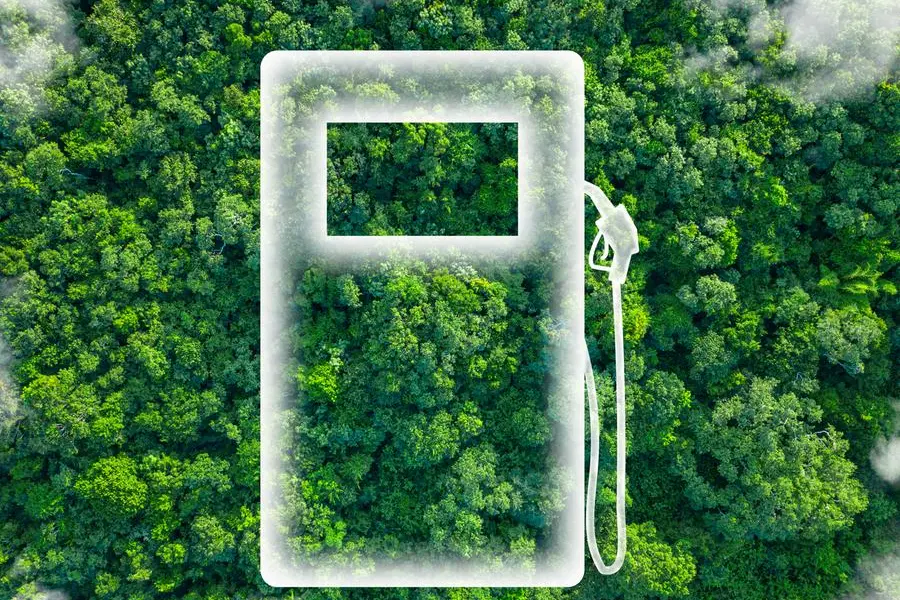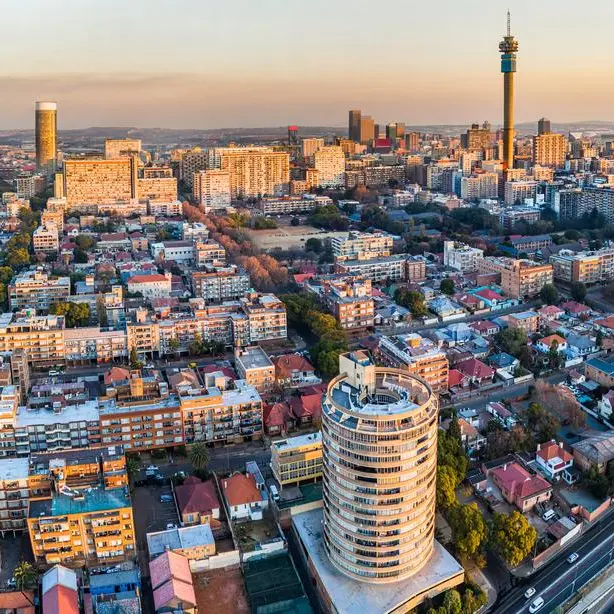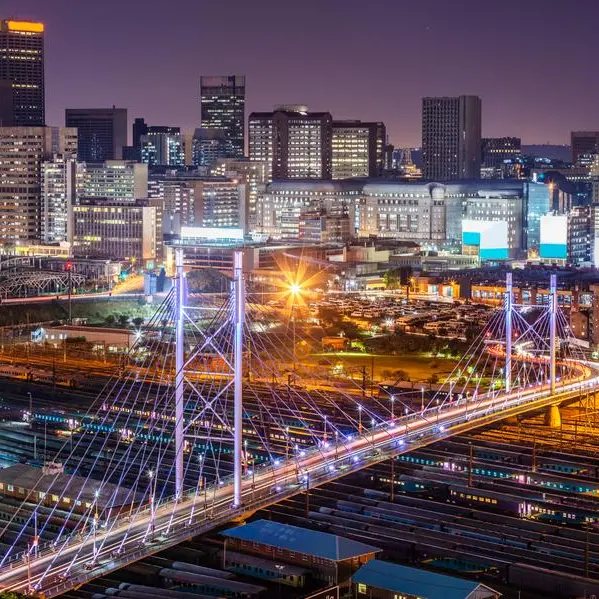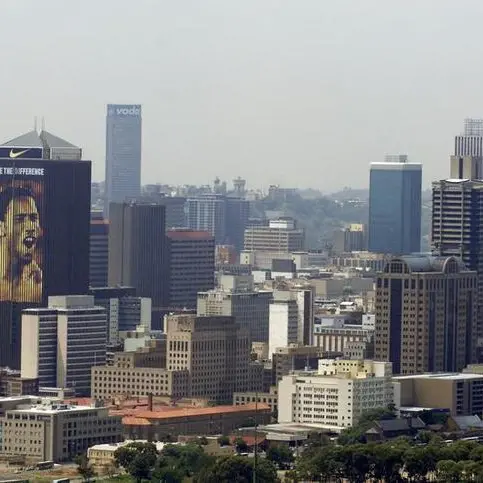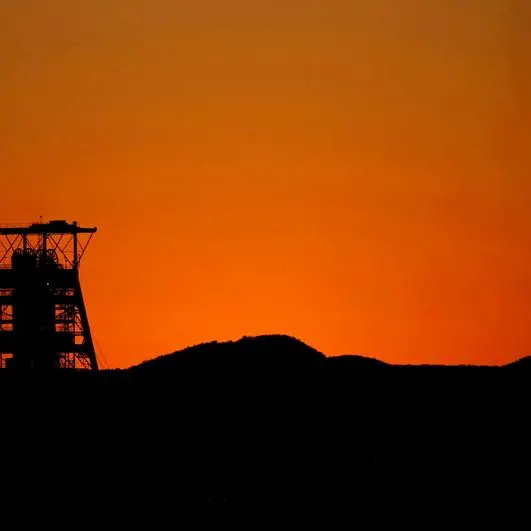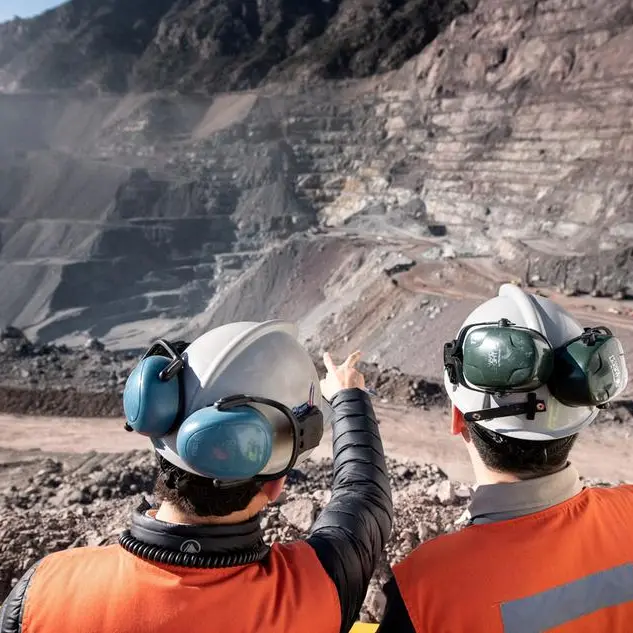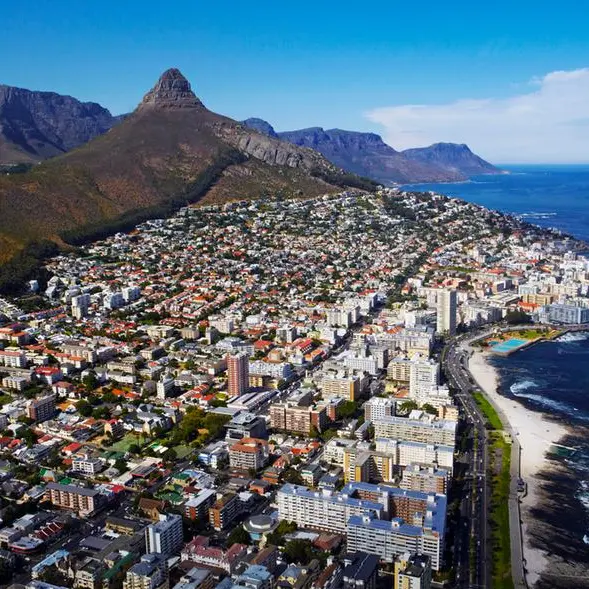PHOTO
The Ethiopian government has banned all diplomatic missions and international organisations from importing petrol and diesel vehicles.
In a statement on Monday, the Ministry of Foreign Affairs said the move was part of Ethiopia's broader strategy to transition to clean energy and promote environmental sustainability."The Ministry wishes to inform all diplomatic and consular missions, regional and international organisations in Addis Ababa that in light of the pressing challenges posed by climate change and Ethiopia's commitment to contribute to emission reduction and transition to renewable energy, the importation of vehicles using fuels (petrol and diesel) for internal combustion engines is prohibited," the statement said."All those with diplomatic privileges are required to continue importing only electric vehicles as per the direction enforced for duty-free importation of vehicles," it added.
The government's full-throttle approach to such a ban could now force other governments to consider making the switch, especially as their missions in Ethiopia will only be allowed to use electric vehicles in the future. It could also force car dealers, as well as these organisations, to rush to sell their stock cheaply abroad.
The government's push for electric vehicles stems from a recognition of the country's abundant renewable energy resources. But Ethiopia also needs to ensure that electricity is delivered to homes and towns. Only about 40 per cent of the country's 110 million people have access to electricity.
The ban means the government must now work to provide efficient charging stations beyond those available in Addis Ababa.
Ethiopia's rapid shift to electric vehicles is being driven by both economic and environmental factors, officials say.
With around 100,000 EVs currently in the country and a projected fourfold increase by 2032, the government's ban on the import of gas-powered passenger vehicles is a significant policy move.
The ban, the first of its kind in the world, aims to reduce the financial burden of importing fuel and capitalise on the country's reliance on hydropower, which provides 96 per cent of its electricity. Regions such as the European Union had announced a gradual transition, giving manufacturers a ten-year plan to stop producing fossil-fuelled cars.
Ethiopia is tapping into its hydroelectric resources, including the Grand Ethiopia Renaissance Dam (GERD) project on the Nile and several other rivers in the country, to boost its electricity profile.
Ethiopia has already started generating electricity from a section of the dam that is still under construction. © Copyright 2022 Nation Media Group. All Rights Reserved. Provided by SyndiGate Media Inc. (Syndigate.info).
